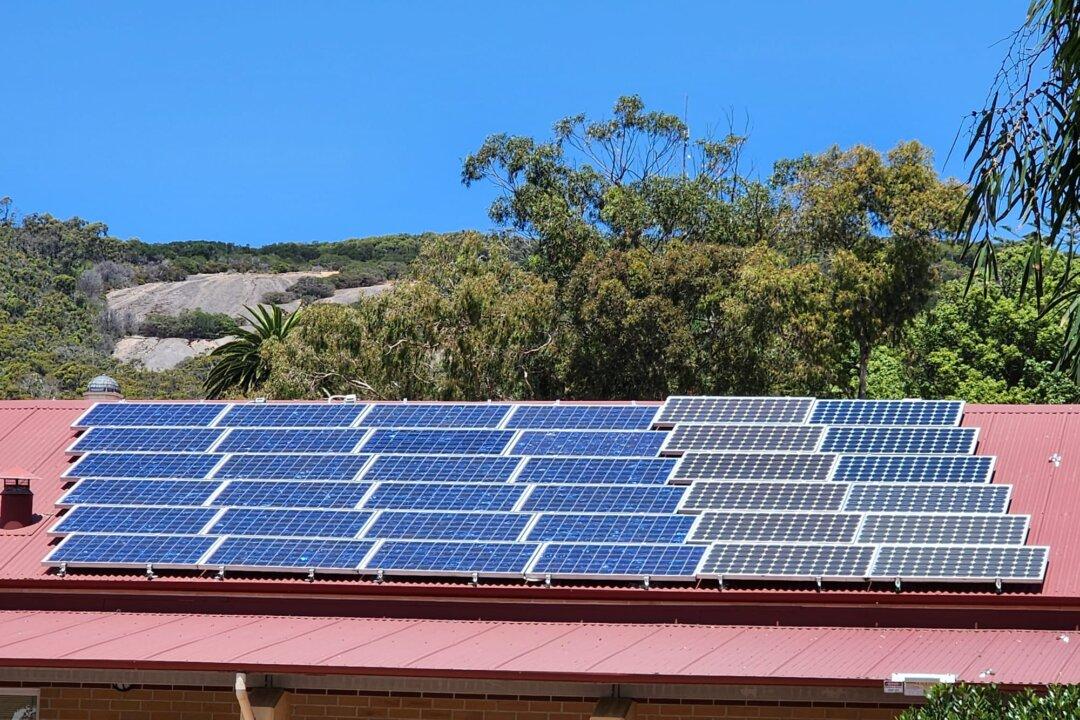More than 80 percent of Gen Z Australian university students are being influenced by or are experiencing climate anxiety, which is affecting their quality of life.
A Curtin University survey found 46 percent of Australian university students were very concerned and a further 35 percent were concerned about climate change.





